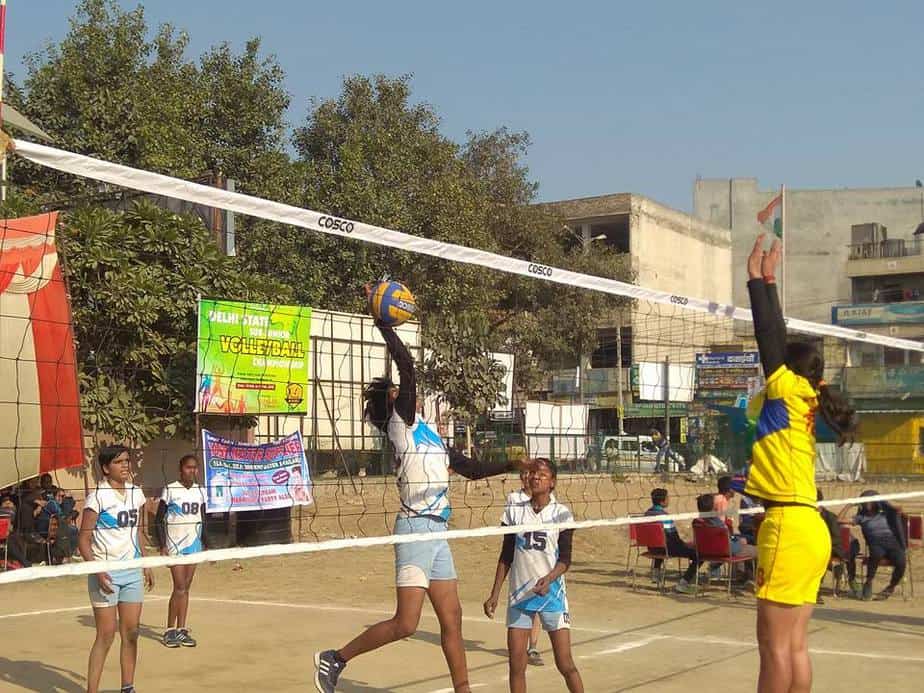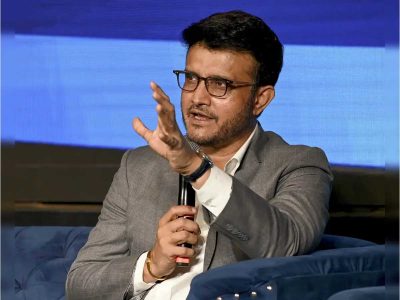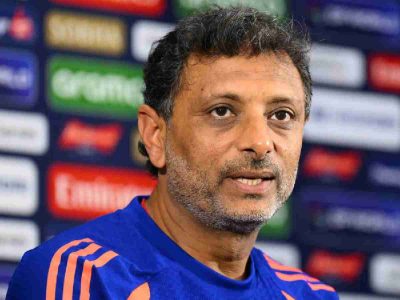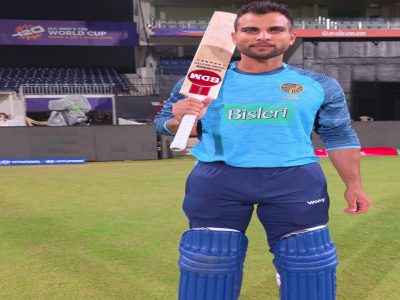Infested with gender discrimination, the women’s volleyball scene in Delhi is in dire straits and the Delhi Volleyball Association takes very little initiatives to improve the game. But the Pro Volleyball League has raised some hopes…
Apeksha (name changed), student of a reputed college of Delhi University, had the ambition of playing volleyball at the Olympic level. The only hurdle in front of her was her poverty. Despite that she continued to shine at the college and state levels. But one event changed her life completely.
Her father was recently admitted to the hospital as he was diagnosed with a kidney disease. Doctors had recommended some tests that would cost a lot. So, she decided to approach the Delhi Volleyball Association for help. Being a professional volleyballer, she was entitled to financial help from the federation. But she was not offered any assistance, and her father passed away.
“Delhi women’s volleyball is in shambles,” says international volleyballer Nirjala. “The federation doesn’t offer any help to us. There are hardly any Delhi players in the national team, and Delhi never qualifies for the national championships,” she adds.
One of the major problems according to Nirjala is the lack of proper tournaments in the city. “This is the biggest problem, as presently there are only two or three tournaments that are held in the city. The senior state national tournament is the only tournament that is organized by the federation for girls which helps in the selection for the national team,” she says.
Lack of proper infrastructure is another issue for the women’s volleyball scene. “We do not have any proper facilities for training us at the utmost level,” says Nirjala. “Mostly, the association has given us grounds which are outdoor on the field. Even the tournaments are held in the outdoor courts. But most of the major national and international tournaments are held indoors and we don’t have any proper indoor facility,” she says. Even though there is an indoor facility for the volleyballers at the Indira Gandhi Indoor Stadium, it is not exclusively for volleyball, as all other indoor sports are held in that facility.
“As a result, we only get a few days to practice indoors before the nationals, and then we are sent directly for the tournament. Since we get no time to practice, we fail miserably in the national tournaments. While other state teams put so much effort to improve their training facilities, we hardly do so,” says Nirjala. “In the last 16 years, Delhi has qualified for the main round of the nationals only once,” she adds.
“There is no money in the sport for professional women volleyballers,” says Nirjala. “We do not get paid enough and our match fees are miniscule. We have to get jobs to meet our everyday needs. Some of us work in private firms, while some are teachers,” she says. “The government sector has few vacancies for women volleyballers. Also, the association hardly ever bothers to even talk to the companies. You need a certificate from the concerned association to prove that you play at a high level. But the association in Delhi has no responsibility at all,” she adds.
“Again, there is a disparity between the girls and the boys — the Indian Railways, Indian Air Force have no volleyball team for women but they have proper training facilities for the boys. Even the CRPF started a female volleyball team only last year,” says Nirjala. “There are also very less vacancies in the sports quota for volleyball in general, as most public sector organisations –like MTNL and Delhi Police — do not have a volleyball team. So, it is very difficult to find a government job if you are a volleyballer,” adds Nirjala.
According to former volleyballer Neeti Rawat, the situation of volleyball became worse after the Volleyball Federation of India was suspended by the Indian Olympic Association – it was revoked last year. “But during the period of its suspension, the state associations barely received any grants, and the development of volleyball was at a bare minimum. Even though the suspension has been revoked, the adverse effects of that period can still be seen today. Quite naturally, the minimum funds that the state received was used for the men’s game and there was hardly anything left for the development of the women’s game,” adds Rawat.
But according to Nirjala, the Delhi Volleyball Association has never given any major monetary support to develop women’s volleyball. “When we get injured, we get no help from them for our rehabilitation,” she adds. “I suffered a tear in the ASL of my knee while playing a match. Let alone looking after me, the association didn’t even bother to even talk to me and understand the extent of my injury. I had to spend money from my own savings to treat myself,” says Nirjala.
According to Neeti Rawat, the internal politics of the association is also responsible for the dire situation of women’s volleyball in Delhi. “There are two distinct groups within the association and the fight between them is very much public,” says Rawat. “Last year, two teams were sent by our association to the nationals — a team selected by each of the rival groups,” says Nirjala. “This does not happen in any other state, and it was a public embarrassment for Delhi as the feud within the association came out in the public. One of the teams was disqualified from the nationals, and ultimately the players had to suffer the consequences,” says Nirjala.
“In the selection of coaches, the association shows little attention. The coach which made us qualify in the nationals after so many years was never brought back again after that season,” says Nirjala. “Successful volley balling states like Kerala are successful because they stick with one coach year after year, who spends time in building and looking after the team. In Delhi, even though some attention is given in this regard to the boys, the women’s team is completely overlooked,” she adds.
“Another problem with the coaches is that most players in the state team are selected from the part of Delhi to which the coach belongs. Like now, the coach is from South Delhi, most of the girls in the team are from South Delhi, regardless of their talent. The federation too turns a blind eye to this,” adds Nirjala. “Even the training facilities are decided by the coach, according to the location of his house.
Previously we had a coach from East Delhi, who arranged the sessions in East Delhi. Now, we have our training sessions in Vasant Vihar, South Delhi. I have to travel for one and a half hours to reach the training camp,” she says.
However, despite all the difficulties, Neeti Rawat sees a shining light for women’s volleyball, with the announcement of the Pro Volleyball League, an IPL styled tournament for volleyball. “With Sony Pictures set to broadcast the league, and Delhi having their own team, public attention will be on the league, and there will be awareness among the masses,” says Rawat. “The girls will also be picked by teams at prices much larger than their match fees, and more and more youngsters will be attracted to the game,” concludes Rawat.





